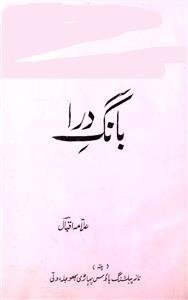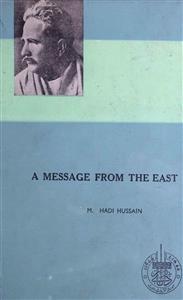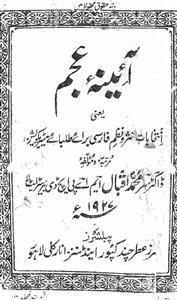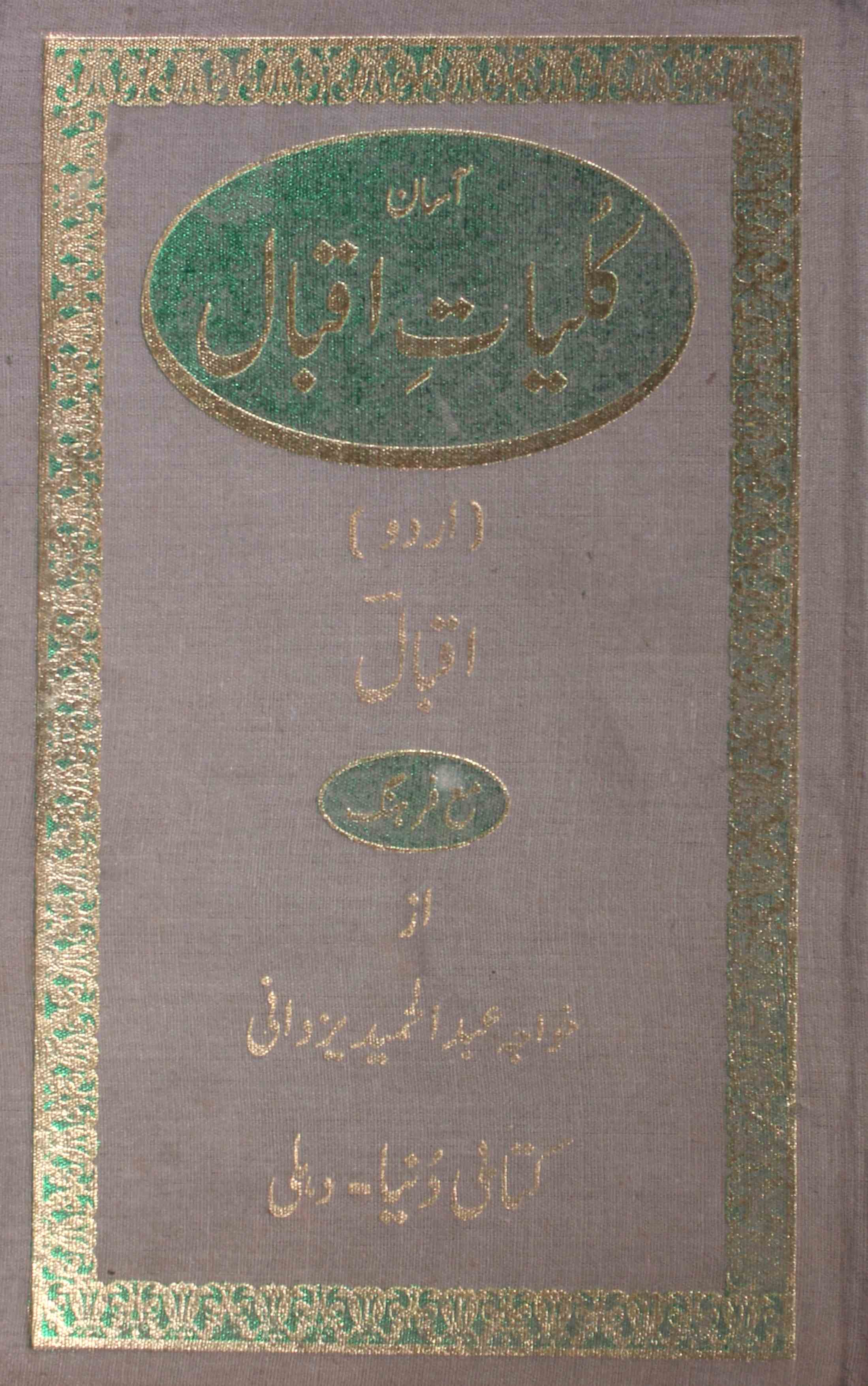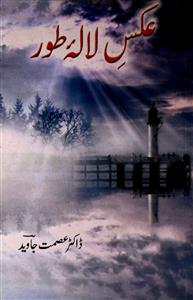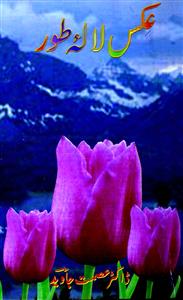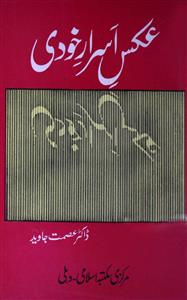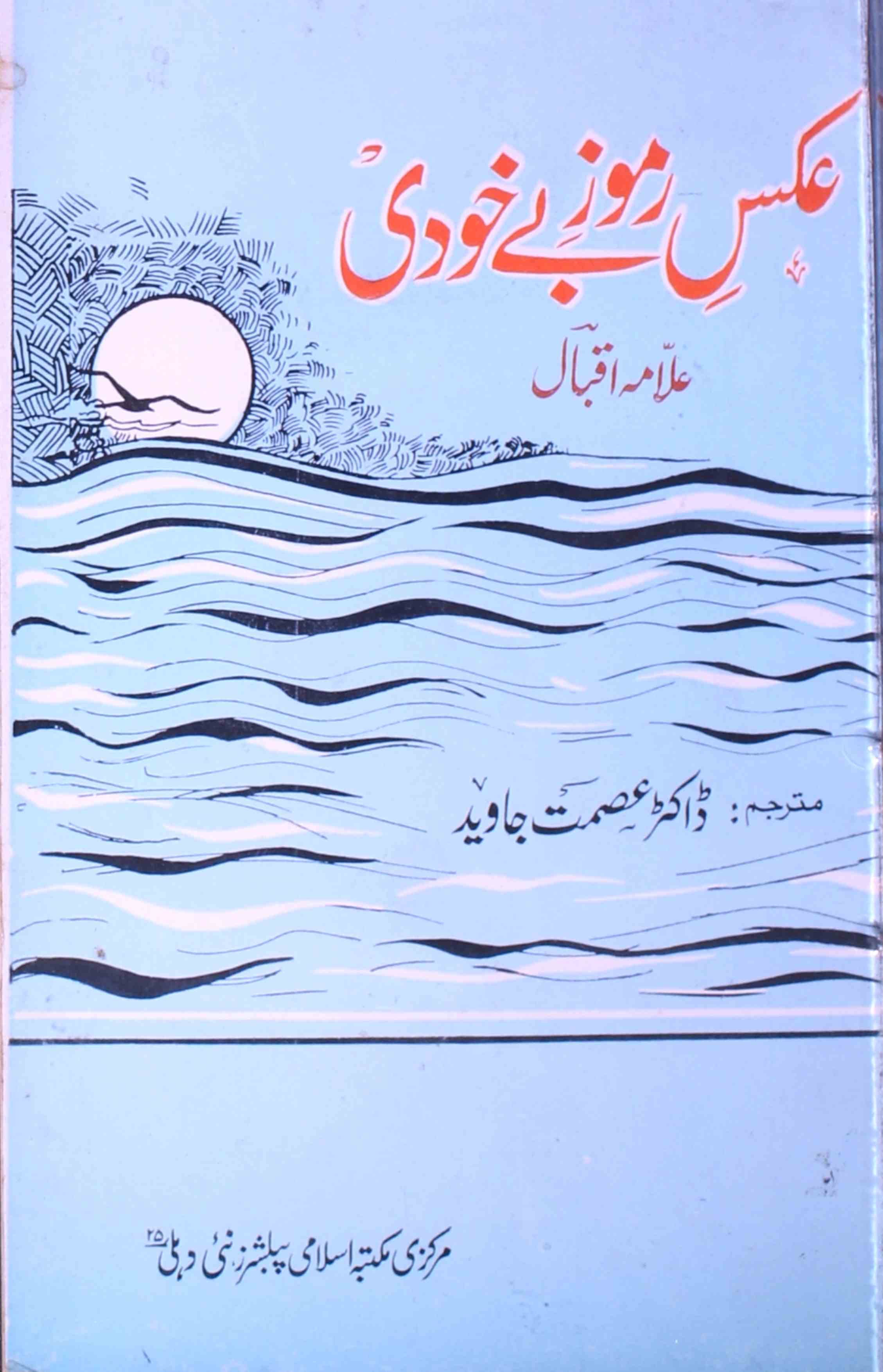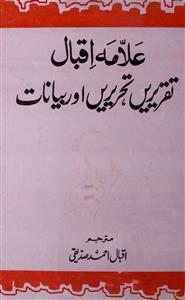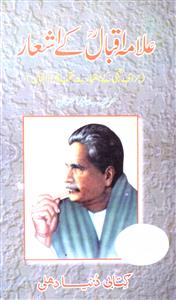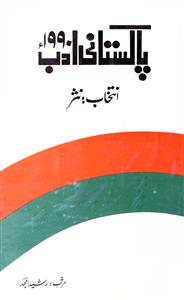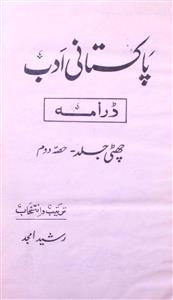 For any query/comment related to this ebook, please contact us at haidar.ali@rekhta.org
For any query/comment related to this ebook, please contact us at haidar.ali@rekhta.org
About The Book
"بانگ درا" علامہ اقبال کا شعری مجموعہ ہے۔ جسے ایک خوبصورت گلدستہ کہا جا سکتا ہے ۔جس میں سیکڑوں قسم کے رنگ برنگے پھولوں کی خوشبو اور ان کی رعنائی جلوہ افروز ہے۔ اس مجموعہ میں جہاں ایک طرف حب الوطنی سے لبریز ترانے شامل ہیں جن میں سارے جہاں سے اچھا اور ہمالہ جیسی نظمیں بطور خاص دیکھی جا سکتی ہیں ،وہیں بچوں کی نفسیات کے اعتبار سے دعائیں اور دیگر نظمیں جو مکالمہ اور مناظرہ کی شکل میں لکھی گئی ہیں شامل ہیں ۔جیسے' لب پے آتی ہے دعا بن کے تمنا میری' اور' ایک مکڑ اور مکھی'، ایک گائے اور بکری ایک پہاڑ اور گلہری وغیرہ۔ اس کے علاوہ شکوہ اور جواب شکوہ جیسی لازوال مسدس بھی اسی مجموعہ کلام میں شامل ہے اور نیا شوالہ جیسی نظمیں بھی شامل ہیں، کچھ نامور حضرات کی یاد میں بھی نظمیں ہیں اور علامہ کی غزلیات کا بہت ہی خوبصورت اجتماع ہے اگرچہ علامہ کو ان کی نظموں کی وجہ سے جانا جاتا ہے۔ علامہ کی شاعری ایک خوبصورت ہدیہ ہے ہم اہل مشرق کے لئے، علامہ کو آج بھی اس آن با ن کے ساتھ پڑھا جاتا ہے اور علامہ کی شاعری ان لوگوں میں شمار ہے جن پر بہت زیادہ لوگوں نے لکھا۔
About The Author
Mohammad Iqbal (1877-1938), a descendant of a Kashmiri Brahmin family that had embraced Islam in the seventeenth century, was born and settled in Sialkot. After a traditional education in Arabic, Persian, and Urdu, he was exposed to a liberal education that defined the contours of his thought and his poetry during the entire period of his life. Beginning his educational career at the Scottish Mission School, he went on to acquire his M. A. in Philosophy, before joining Trinity College, and later earning the degree of Bar-at-Law. He furthered his education by getting the degree of doctorate from Germany on The Development of Metaphysics in Persia. He worked in different capacities at different points of time; he taught philosophy, practised law, got involved in politics, and also attended the second Round Table Conference. Even while he favoured the idea of the creation of Pakistan and is venerated there as the national poet, he wrote the famous patriotic song that celebrates the greatness of India. King George V decorated him with knighthood and he was called Sir Mohammad Iqbal thereafter.
Iqbal wrote both in Persian and Urdu, and is often regarded as the poet-philosopher of the East who addressed the Muslim ummah, believed in the philosophy of wahdatul wujood, and propounded the philosohy of khudi, or selfhood, which called for self-realisation and the discovery of the hidden talent with love and perseverance. Beyond that lay the stages of complete submission and forgetfulness which, he thought, was the ultimate stage of khudi. Iqbal dreamt of the ‘complete man’ and also entered into a metaphoric dialogue with the divine. His poetry emerged as a remarkable site where message and art coalesced, as he re-configured major poetic devices like metaphor, myth, and symbol to re-visit history, philosophy and the Islamic faith to develop his individual vision. He has left behind his collections of poems, Asraar-e Khudi, Rumooz-e Bekhudi, Baang-e Daraa, Baal-e Jibreel, Payaam-e Mashriq, Zaboor-e ‘Ajm, Javed Naama, Zarb-e Kaleem, and Armaghaan-e Hijaz, apart from his lectures collected in English as The Reconstruction of Religious Thought in Islam, and other works on the Eastern worldview.
 For any query/comment related to this ebook, please contact us at haidar.ali@rekhta.org
For any query/comment related to this ebook, please contact us at haidar.ali@rekhta.org
